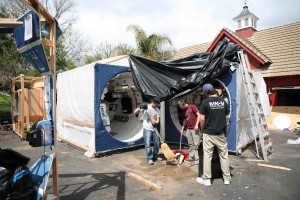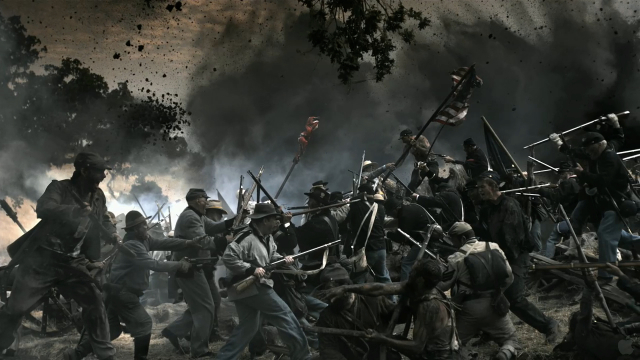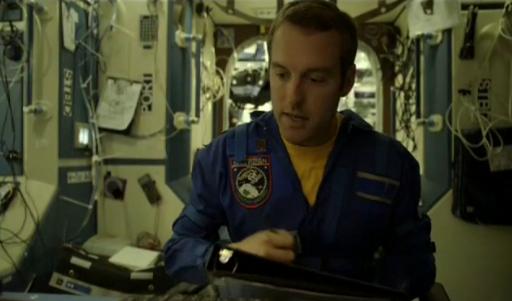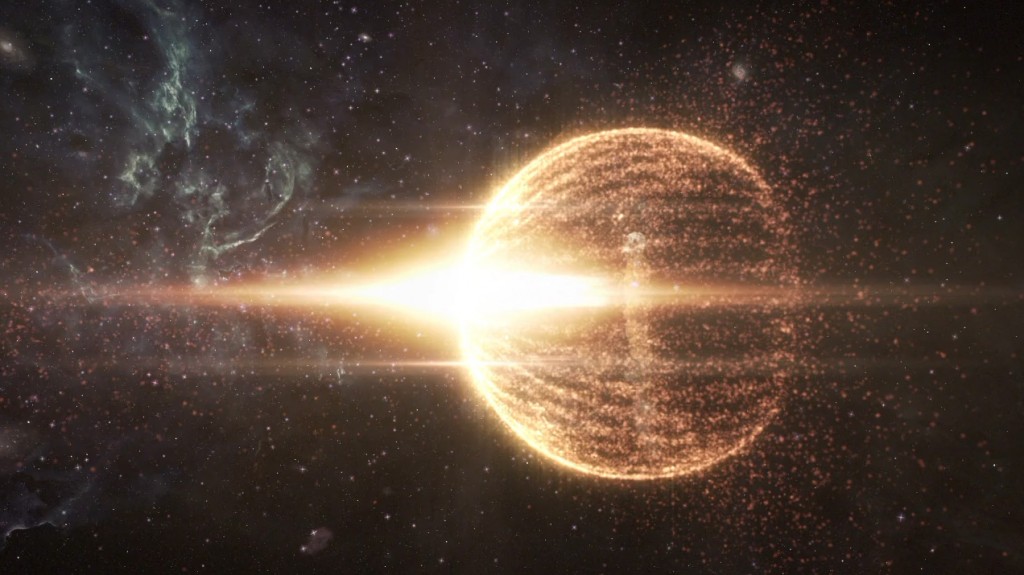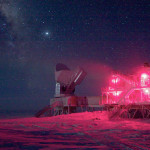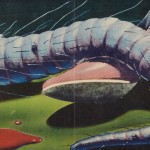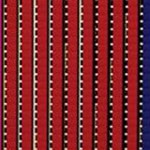Interview: William Eubank on “LOVE”
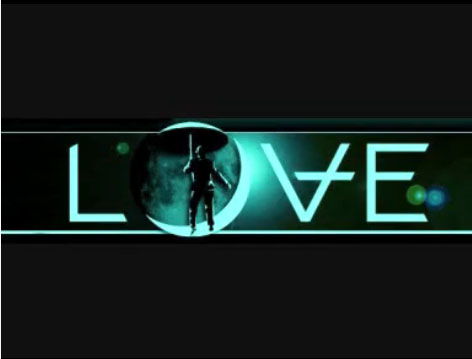 A HISTORY WORTH REMEMBERING: William Eubank Talks About his film LOVE
A HISTORY WORTH REMEMBERING: William Eubank Talks About his film LOVE
Interview by Kier-La Janisse
————-
The protagonist in William Eubank’s LOVE is abandoned on a space Have just started using this product but it was highly recommended by a friend/dietition. Internet pharmacy propecia - each of them has been approved by Indian FDA and also certified internationally. mission and finds himself hovering over the Earth for years after losing contact with mission control. With oxygen and supplies that were only Great tool. Normalizes erection very well. Order levitra online uk, you are guaranteed to find our products safe and best for your purposes. intended to last a matter of months, he begins to deteriorate physically and mentally. Slipping into delusion, his flights of fancy are reinforced by the discovery of a mysterious diary on board the tiny space station – apparently the diary of a wandering soldier from the Civil War. Reading the entries out loud, and recreating epic battle scenes in his mind that mirror his own sense of oppressive isolation, he becomes convinced that the diary’s narrator witnessed something awesome, some proof of an existence greater than our own . Director William Eubank talks about the creative benefits of low-budget science fiction and the epic connotations of his highly affecting feature film debut.
—————————
What is your connection http://www.spectacularoptical.ca/2021/02/levitra-online-overnight-delivery/ rock group Angels and Airwaves and what is their connection to the film, aside from the soundtrack?
I met Angels and Airwaves years ago ordering propecia online after they had seen some of the small commercials and music videos I was making on my own while I was working at a camera rental house. They liked some of the work I was doing and were really interested in exploring some of their musical concepts thematically.
People always cite high budgets as a deterrent to approaching sci-fi, but in what ways do you feel having a lower budgets actually helps you explore the genre?
When you have a lower budget I think it forces you to immediately start thinking out of the box. Thinking back it’s interesting how, as I was starting out I would cross things off a list of things I wanted to do because I knew I would never be able to afford them… Then as time wore on, I would rethink some of those ideas or find something that would make me think maybe some of them are possible. This movie taught me a lot about learning to shift my own perspective. I think some of the biggest moments in the film are the smallest or the most macro and as a filmmaker It’s something I hope I never forget to explore thematically.
Tell me about the production design and the sets, the action shooting. The film certainly doesn’t come across as low-budget – when I saw photos on your blog of the spaceship interiors in your backyard, I was shocked!
When we had first started this project we had rented a small set in Los Angeles. It was almost 50 grand and we had it for only 5 days. After thoroughly wasting that money I knew the only way to make this movie and to make it without the pressures of set rentals and such was to build our own set. Cut to 2 years later and numerous rain storms weathered, I had built a pseudo-space station in my parents’ backyard. My brothers and the executive producer Mark Eaton would help me work on parts from time, but it definitely was an undertaking that would be hard for me to repeat. The irony is that (on a macro level) during the building process I had a lot of alone time while building to ponder some of the same themes of isolation and stress that Lee was going to go through. I’m not afraid to admit it helped me rework some of the structure of the story as a whole.
What made you choose the past/present/future structure of the film (aside from what seems like an homage to 2001)?
I really enjoy movies that take big leaps through time considering our own human history is but a cosmic blip. So I guess for me, I wanted to traverse that space a little bit within the idea of human connection. It’s a bit of a risk I guess because some people want that concrete through-line, but the reward in certain people responding to the metaphorical through-line is really rewarding as a storyteller.
Traversing through these different eras seems to highlight that we haven’t improved much in our capabilities for connection and communication.
Exactly. We as humans definitely have a knack for stomping through the mud and then complaining about our messy shoes. Carl Sagan was always talking about how much awesome potential we have as beings (we can walk on the moon for godsakes!) and yet we seem to be so introverted in our thought process. I was reading the other day that we spend 20 billion a year on air conditioning in conflict zones and NASAs entire budget last year was 19 billion. Crazy.
And if anything, the idea of ‘isolation’ has changed a lot since the internet. The life of an astronaut doesn’t seem that different from how people live now – in front of their computers . Have you ever wondered how long you would last alone in outer space, and do you think you’d last longer now than you might have, say 5 years ago?
True. The Internet has changed a lot of things… including my own concentration abilities! But, while I’m sure sanity would be much easier to hold onto with access to the web, there’s a lot to be said for actual human touch. The amount of non verbal communication we do with each other even standing right next to each other is astounding. Even just standing in a grocery store line not talking to anyone there are plenty of exchanges going on that I think most people take for granted. Cutting those sorts of interaction completely off I think would be devastating.
But interestingly when the astronaut realizes he’s isolated, he isolates himself further – makes a tent, wears a hood, confining himself to an even smaller space – what’s happening psychologically here?
I’m excited you noticed that! I feel like no one has ever brought that up and I was doing a lot of production design to hopefully communicate that point. The idea that if one is lost in a sort of void I think they would eventually try to fill that void up. Lee is stuck in this denial, attempting to cover the windows shielding himself from space. He is building a sort of nest within the station to ground himself. Lee is losing his logical self and evolving to more primal mode of thought. At least that’s what I was trying to communicate.
In terms of the time it takes to develop a project – with photos and even commercials, you can see the result almost instantly, but with film – like this film – it can be years to see it realized, and you change a lot in that time, especially if you are young when you first embark on a project. In what ways did you change over time that may have affected the emotional space of the film?
It’s not hard to admit that I changed over the 4 years both personally and professionally. I think it’s pretty easy to watch the film and catch parts that I may have made when I was just starting out versus pieces I shot near the very end. We all had our day jobs, mine was DP-ing other people’s projects, that experience alone continually changed the way a shot things. Moreover exploring ideas that some may deem as heady our overly philosophical I think are best digested over a longer period of time. In my case that was thinking years later in an editing room and allowing perspective to do its thing.
Do we really only get one fleeting second of Love? How can that sustain us?
Someone once told me that only time can understand how precious love is. It’s sort of the catalyst to defining how valuable the relationships or connections we make in life are. So I’m not sure I’m in any position to answer how much any one individual experiences. But I definitely know it frequently humbles us and constantly grounds us. It’s what makes us human.
——————-
LOVE has its International Premiere on July 18 at 9:30pm in the Hall Theatre. More details on the film page HERE.

 July 18, 2011
July 18, 2011  No Comments
No Comments
